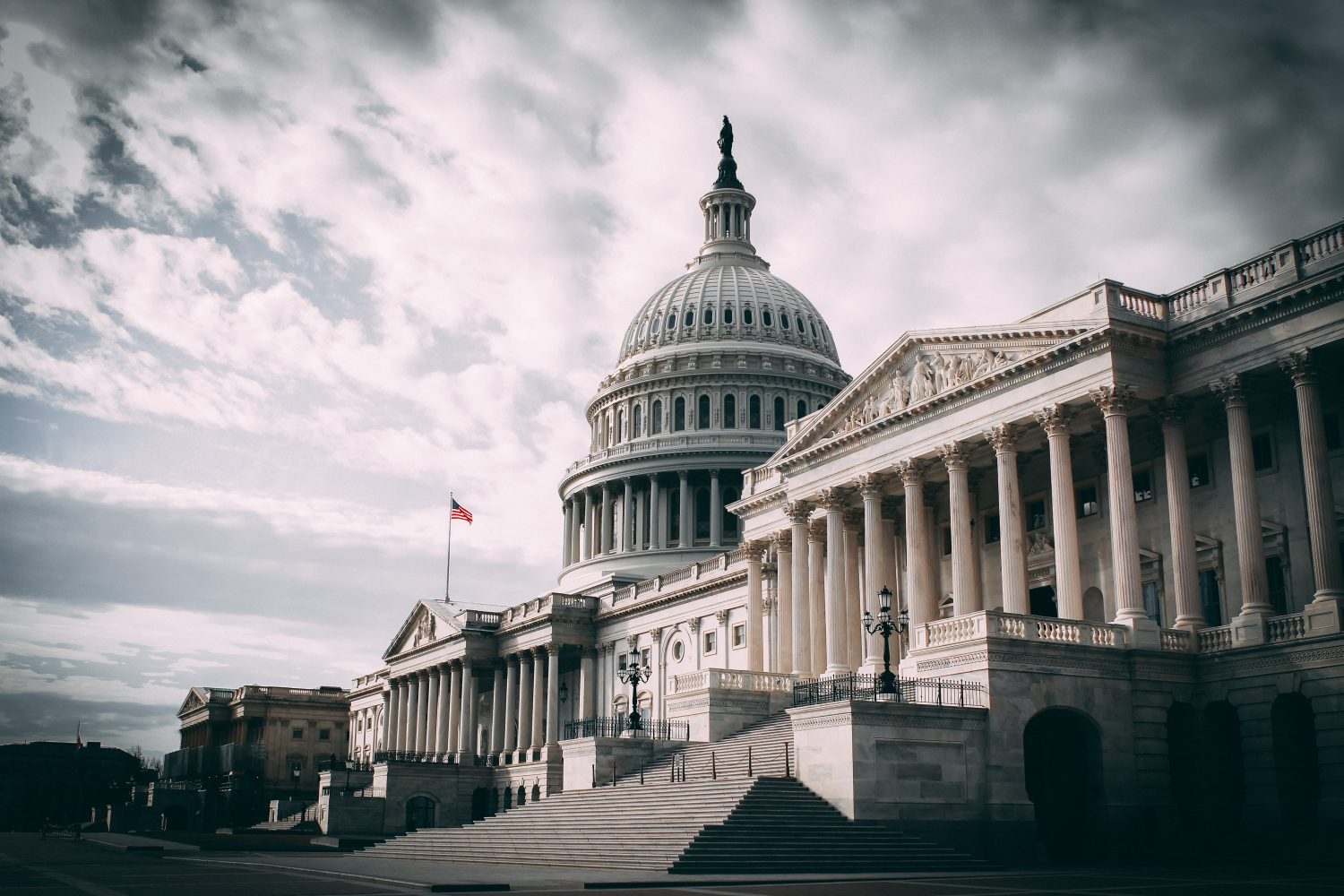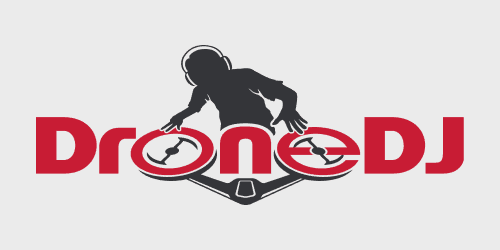
Is DJI really the ominous data threat to its customers – and even to US national security – that detractors claim, or might it instead be the victim of a broadening effort of sector rivals and allied politicians to undermine the company’s favored status among both private and enterprise drone buyers? The question has arisen anew with a report this week in US media ringing alarm bells about a purported “Chinese drone spy threat” the company’s craft pose.
The article was published on the eve of the Thanksgiving holiday by Politico, based primarily on confidential information provided by unidentified US Congressional sources subsequently analyzed by independent observers. Central to those were what the publication calls “classified briefings to the Senate Homeland Security, Commerce and Intelligence committees,” during which claims were made that “(h)undreds of Chinese-manufactured drones have been detected in restricted airspace over Washington, DC, in recent months.”
Those drones were identified as made by DJI – a company placed on several US government agency blacklists on accusations its craft pose threats of leaking user data back to state organizations in China; it collaborated with Chinese security forces in persecuting minority Uyghurs; and received funding from state entities, thereby making it a government partner.
Read more: After product ban, the US DoD formally blacklists drone giant DJI [Update]
Perhaps not coincidentally, officials and politicians in Washington voicing those human rights and de facto spying allegations in justifying their efforts to sideline DJI have at times also added incongruous – and possibly revealing – claims that the company’s domination of both consumer and enterprise drone markets is the result of price dumping and other unfair business practices that have harmed US competitors. Mass internment to loss leading is quite the leap.
Report amplified pols’ claims of a DJI drone threat to security
The Politico piece – while lengthy and making the effort to seek a wide range of drone and security experts to contextualize the purported DJI drone sightings and attendant threats in Washington – generally reverberates the dominating tone of suspicion and accusation that has grown in DC over the past two years.
DroneDJ readers are advised to read the Politico story, and make up their own minds on the claims made – and above all facts actually substantiated – about the fraught and politically charged topic set in a period of miserable US-China relations. Not all conclusions will agree with so much room for interpretation and distrust influencing views – particularly given Beijing’s record of human rights violations, disregard for individual privacy, and zeal for spying on people at home and abroad.
Read: Blacklisting redux: GOP legislators targeting DJI anew
Skeptics of the increasingly collaborative push to stigmatize DJI drones as clear and present security threats, however, may note how its antagonists wield a remarkably wide brush in tarring the company – yet rely on remarkably small , light strokes in painting actual facts that might substantiate their accusations.
For now, it would appear merely being a China-based company is sufficient for presumptions of innocence to be discarded despite the paucity of evidence. Yet it may be a particularly inviting stance for detractors to take amid signs of DJI’s market share having declined from around 70% to nearer to 50% since the US blacklisting began in 2018.
Though Politico takes steps to remain objective by soliciting a wide range of sources from varied backgrounds, the nature of the claims themselves is certain to create alarm – even though sinister-sounding information from officials isn’t backed up with supporting detail.
For example, though those sources reported “more than 100 incursions in a recent 45-day period,” they withheld specifics on time, locations, or density of craft aloft. For that reason, Politico’s repeated description of them as “swarms” is speculative at best in lacking evidence of multiple UAVs having been deployed in the same place on a collective mission. An innocent semantic oversight, perhaps, but a loaded term in the public imagination, nonetheless.
Meantime, much is made of detected drones having been hacked or otherwise modified by users to disable DJI’s baked-in geo-fencing of restricted airspaces. Given the number of illicit flights involved, there had to be a great deal of DYI cracking going on – and more still across the country.
Read: DJI reportedly making headway against US drone blacklist legislation
Yet that very consideration raises the question: Why would each and every pilot behind the hundreds of flights spotted in banned DC airspace use DJI drones when there are many other brands that would work just as well – some of which aren’t sold with geo-fencing assets needing hacking.
Meanwhile, if security officials in the capital were able to detect those UAVs in banned areas and identify them as DJI products, how was it in nobody apparently saw the craft aloft in Washington’s famously off-limits skies to and report the potential threat?
“If there were a huge increase in actual flights in DC, I’d expect eyewitness reports and arrests,” tweeted Boston Robotics vice president of policy and government relations, Brendan Schulman. “It’s a densely populated, busy, highly policed city, with few opportunities to fly a drone without being caught.”
As DroneDJ readers know, Schulman previously worked as DJI’s vice president of policy. But as a legal and tech expert now fully settled with another company, Schulman is the last person to act as a shill for a former employer facing accusations. Indeed, given the politicians and sector rivals keen to pile on top of DJI while its US fortunes sag, Schulman notes a potential for sleight-of-hand in the hazy claims being made.
“(A) drone will be ‘detected’ once powered on, even if it isn’t able to take off due to the geofencing,” he wrote. “So all it might take to generate concerns is someone driving a powered-on drone around the city.”
US pols accuse DJI as a risk, won’t pass counter-drone laws against actual threats
Also important to note is Politico’s statement that officials who provided the confidential information don’t think the reported drone flights “are directed by the Chinese government.”
Meaning, despite the rather lavish dropping of DJI’s name throughout the story, what turns out to be really troubling experts more is how those illegal outings in banned airspaces reflect a wider, accelerating spate of drones being used irresponsibly, illicitly, and even for criminal and potentially violent purposes.
And that takes Politico to what DroneDJ reporting has noted repeatedly: the apparent disinterest or inability by the same US politicians voicing claims and pressing for additional blacklisting of DJI to enact wider, effective legislation to deal with very real and growing UAV threats FBI director Christopher Wray discussed last week in revealing US inquiries into aerial bomb plots.
Read: FBI cites bomb-toting UAV inquiries in urging counter-drone action
At least three different bills outlining the means of detecting and mitigating drone threats have been introduced in Congress – and now sit idle – one of which notes upwards of 800 annual sightings of drones in areas around airports alone.
Similarly, an ambitious White House proposal calling for expanded counter-UAV action to be extended from limited federal agencies to state, local, and sensitive infrastructure authorities in responding to potentially threatening flights.
An unidentified contractor quoted by Politico pointed to the proliferation of both legal and irregular drone operations in the US as driving concerns about the rising risks they pose generally, and amid the recent DC reports in particular.
“You’ll see hundreds of them over that same time period, but the biggest difference is obviously the national capital region is the most secure air space in the world,” the contractor said.
But that’s the real point: It isn’t, is it?
Because if, as Politico reported, “(h)undreds of Chinese-manufactured drones have been detected” over DC within a two-month space, it seems to suggest one of two things – possibly both: Either legislators citing those intrusions as additional justification for taking measures against DJI have passed laws allowing officials to detect, but not neutralize invasive and possibly hostile drones; or they’re too focused on using the apparent yet hazy appearance of troubling aerial activity above the capitol to facilitate protectionist responses, rather than voting through effective measures to deal with the far broader and enlarging threat rogue drones represent.
If that political status quo remains unchanged, its consequences may eventually resonate far wider than the confines of the DC beltway, and involve considerably more nefarious actors and objectives than a single company that happens to be based in a country attributed least-favored-nation status.
FTC: We use income earning auto affiliate links. More.




Comments